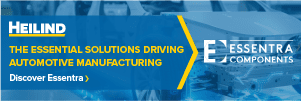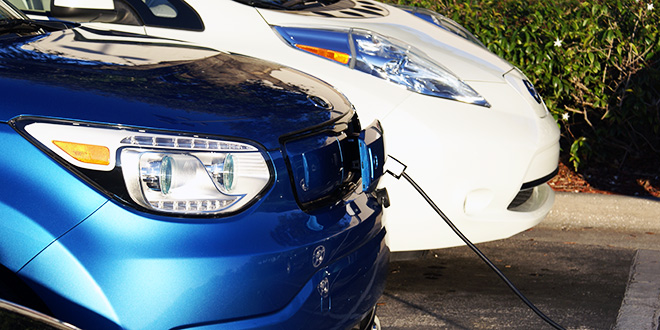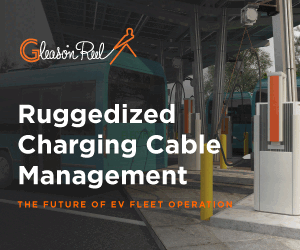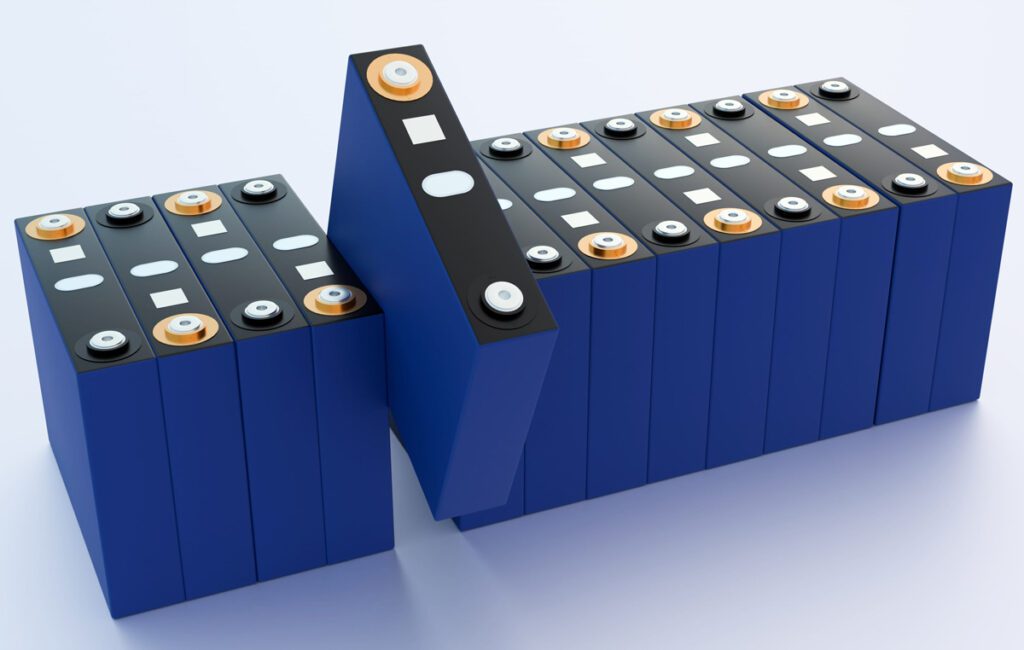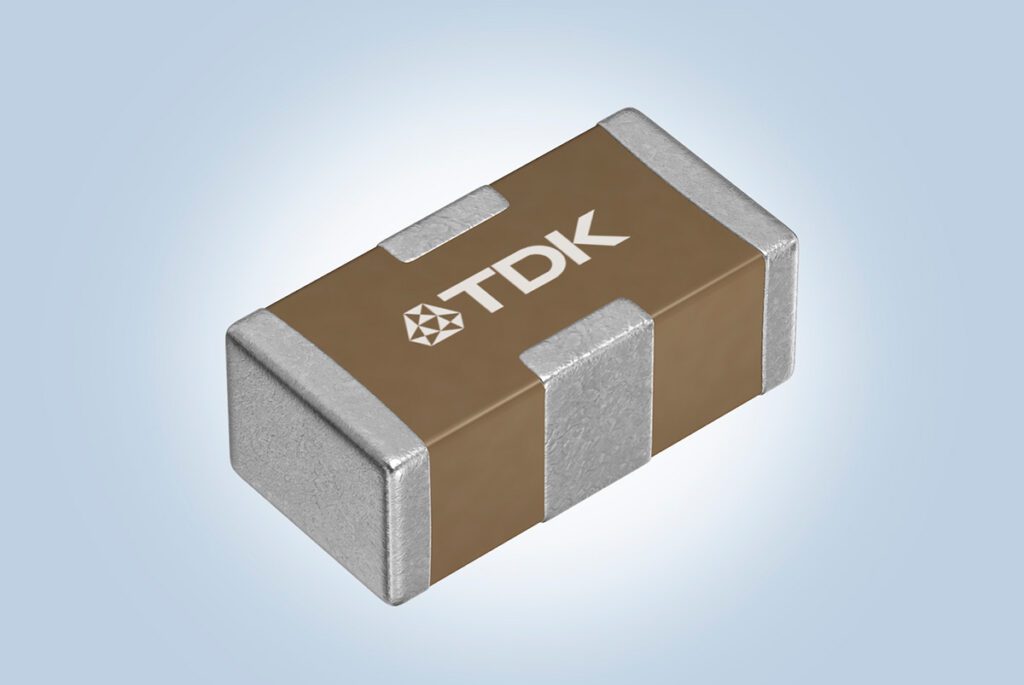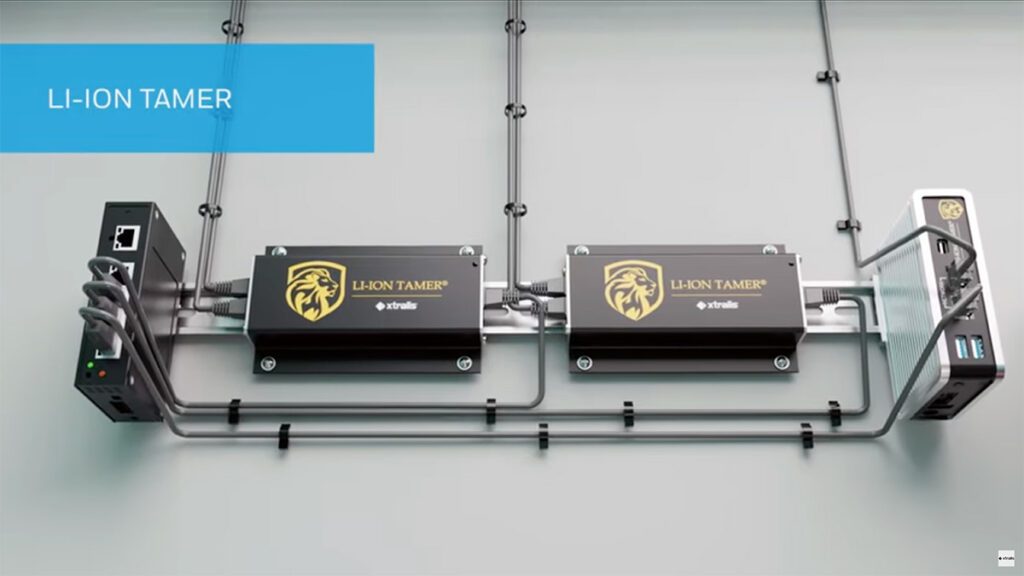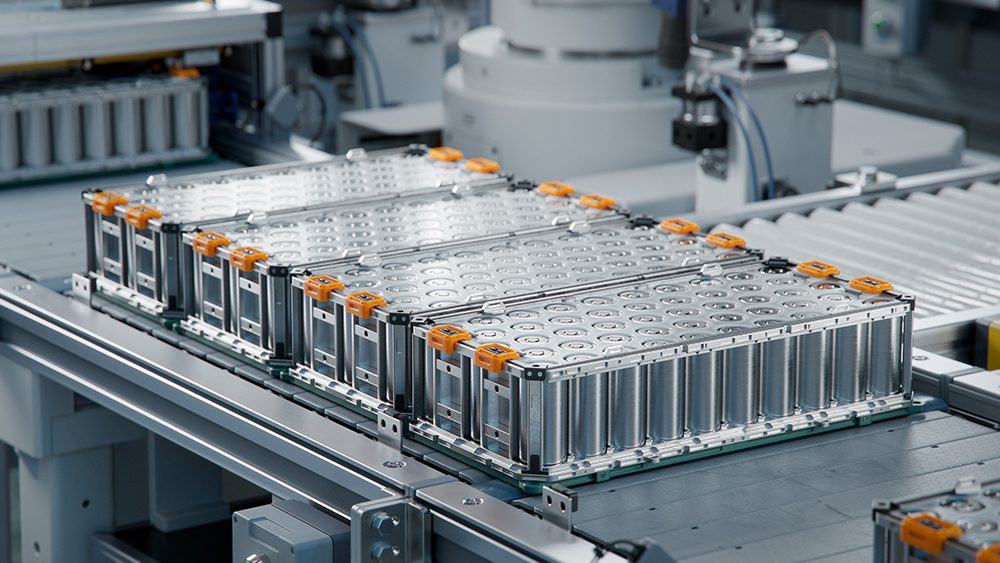US automakers remain on track to meet the EPA’s Corporate Average Fuel Economy (CAFE) standard, which will mandate average fuel economy of 35.5 mpg by 2016, and 54.5 mpg by 2025.
However, average fuel efficiency is in danger of slipping, as WardsAuto reports, not because carmakers aren’t building gas-sipping vehicles, but because US consumers aren’t buying them. Predictably, the drop in fuel prices has caused a run on big trucks and SUVs (in July, light truck sales were up 12.3% from July 2014), while sales of hybrids and plug-ins have plateaued.
A midterm review of the CAFE regulations is coming up, beginning with a report for public comment by June 2016, and some observers have predicted that the EPA will consider watering down the standards.
However, a recent WardsAuto survey found that that fear (or hope) is not shared by automotive engineers and designers. Out of 900 respondents, about 87% predict that the CAFE goal for 2025 will stay the same, or become even stricter.
SEE ALSO: GM Exec says low oil prices won’t stop our plans for electrification, MPG targets make it inevitable
Lightweighting and increased engine efficiency are the two top strategies that automakers are using to rise to the challenge. However, electrification is in third place and becoming ever more important.
“Electrification, which saw one of the largest increases in mentions [by the survey respondents] this year, is fast becoming another universal strategy,” said Jeff Sternberg, Technology Director at DuPont Automotive. “Light electrification, such as stop/start, regenerative braking systems and transmissions and engine controls, is expanding across the light-vehicle fleet.”
Source: WardsAuto






